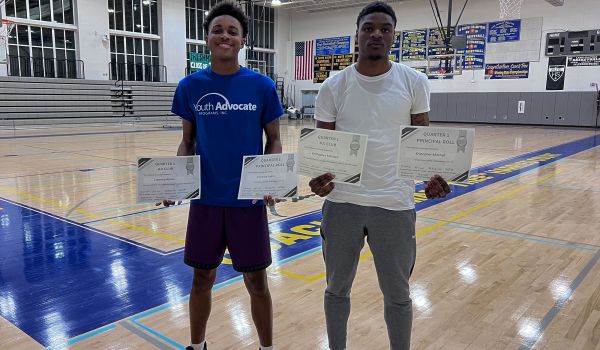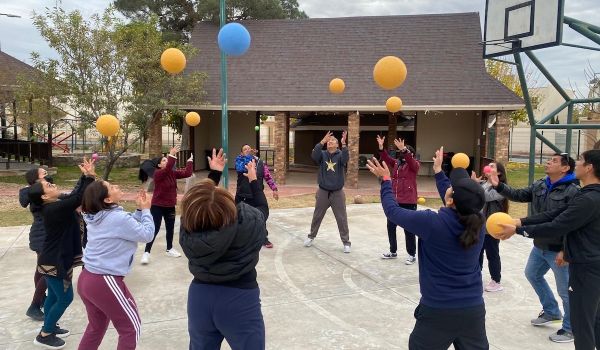Earlier this month, Palo Alto-based big data software company Sysorex announced a $2.5 million contract with Daruna Development for its AirPatrol mobile device to be used as the “worker locationing and asset management platform” in a turn-key community for migrant workers who are working on Qatar infrastructure ahead of the 2022 World Cup. The development will include living quarters, recreation, healthcare, and retail facilities for 6,500 workers and over 1,000 Sysorex AirPatrol sensors.
What is a “worker locationing and asset management platform”? It’s a system for tracking humans. Little blue boxes that look like WiFi routers are, as Nadir Ali, CEO of Sysorex explains, “passive sensors deployed indoors [that] can pick up any WiFi, RFID or Bluetooth signal from any device and trilocate it with a three- to six-foot accuracy.” The trackers will follow workers by two means: their cellphones and by WiFi-enabled “smart tags” that workers will carry with them to buy food and pay for medical services in the community.
While Ali makes a point to mention that workers are not required to carry their tags with them at all times, there are troubling aspects to such tech being deployed amid Qatar’s World Cup build. Adding a human-tracking technology component to the project’s context of widely documented forced labor and utter disregard for human life seems problematic at best. As Nicholas McGeehan, the Qatar, Bahrain and UAE researcher for Human Rights Watch explains, “Passport confiscation, recruitment fees, sponsorship-based employment, the prohibition of trade unions, and absence of grievance mechanisms combine to a toxic effect in Qatar. The last thing we need is yet another control mechanism.”
Under Qatar’s kafala system, employers have almost complete control of their workers. Nepalese workers were denied returns home for family funerals after April’s earthquake. The country also has a record of deporting workers who have tried to organize. (“… The intention is only security, not to deter employees from organizing,” says Ali.)
The technology is meant to, according to the announcement, “provide location-based services and security as well as insight into how residents flow through the community, which facilities are most popular, and where improvements can be made.” Ali adds that the technology is also meant to improve medical services; if something happens to someone, first responders will be able to find them. The sensors, Ali also notes, do not collect emails or listen to phone calls.
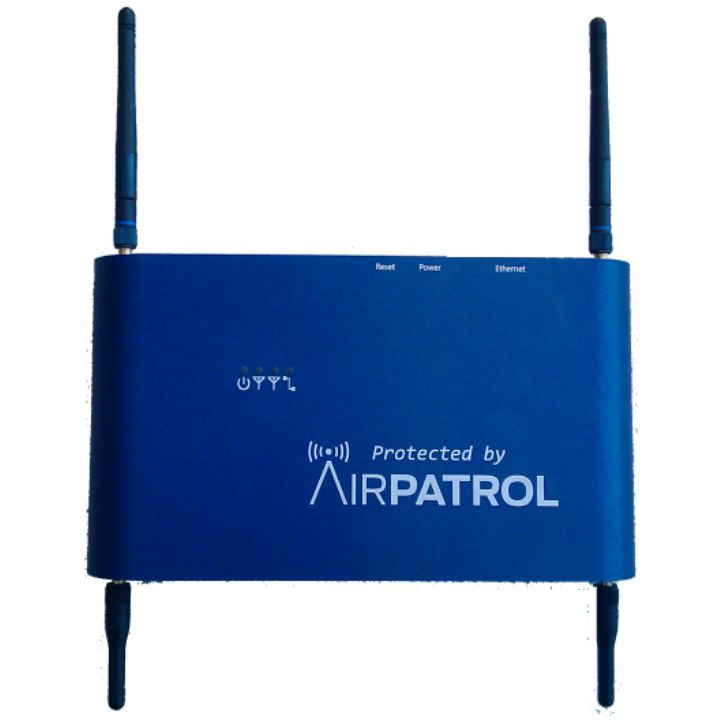
AirPatrol (Credit: Sysorex)
Ali insists that the data collected by his technology will only go to the customer, Daruna, and not to the government. But it’s nearly impossible to say that Daruna is not a government entity when its chairman of the board of directors is Sheikh Nasser bin Abdulrahman bin Nasser Al Thani of the ruling family of Qatar.
“Workers in Qatar and the rest of the Gulf states remain acutely vulnerable to forced labor on account of the government’s laws and policies,” McGeehan says, “and the governments tend to be the most prominent players in the construction sectors where workers are abused and exploited.” With Sysorex’s technology, the government may be able to track workers in real time and see the history of individual workers’ movements.
For his part, Ali highlights AirPatrol’s safety features. “Say there’s a disaster,” poses Ali, “how many folks are there? Or some sort of riot going on, our technology shows where people are and helps to manage those types of situations.”
Ali also expresses Sysorex’s aspirations for their hub architecture to be able to capture data that could help cities track their own climates and better plan for weather events, which can allow for greater efficiency. For example, sensors could collect data on humidity and light. Perhaps at certain levels of fog, extra streetlights could activate to make driving safer. Trackers also allow more detailed understanding of how people move throughout a city as a whole and could thus tell us better how traffic flows, where and exactly when bottlenecks form, or where to build rail systems.
In Sysorex’s announcement of the deal, Ali remarked, “We believe this is not only an important project for Qatar, but could also serve as a model for new smart cities worldwide.”
The technology could lead to better-informed planning decisions. On the other hand, as Lorrie Faith Cranor, tracking and privacy researcher at Carnegie Mellon University, puts it, “If you have nothing to hide, why don’t you walk around naked all the time?” Most people simply have a preference not to expose everything.
Truly, the possibilities for data collection to make cities smarter and more efficient seem limitless. But as our cities get “smarter,” as the Internet of Things takes shape and as tracking systems of increasing accuracy are born, our vigilance for protecting human rights must likewise continue to grow.
The Science of Cities column is made possible with the support of the John D. and Catherine T. MacArthur Foundation.

Zoe Mendelson is a journalist in Mexico City campaigning for a more chiller world. Her work has been featured on Fast Company, Buzzfeed, Untapped Cities and elsewhere.
Follow Zoe .(JavaScript must be enabled to view this email address)


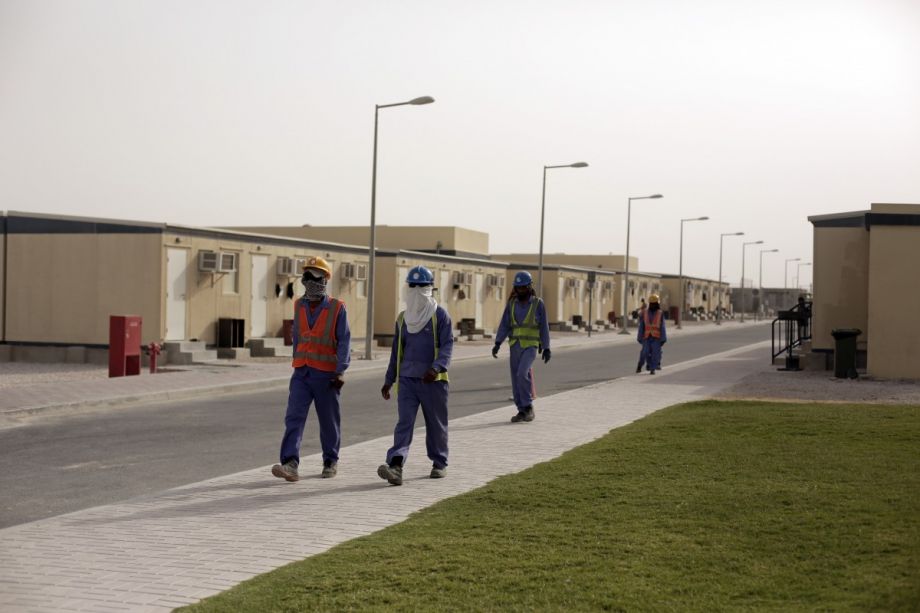


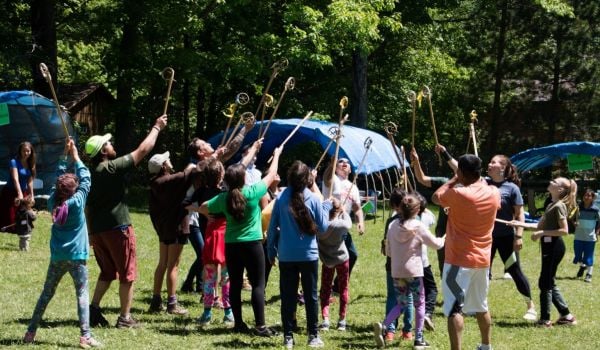

_1200_700_s_c1_600_350_80_s_c1.jpg)
